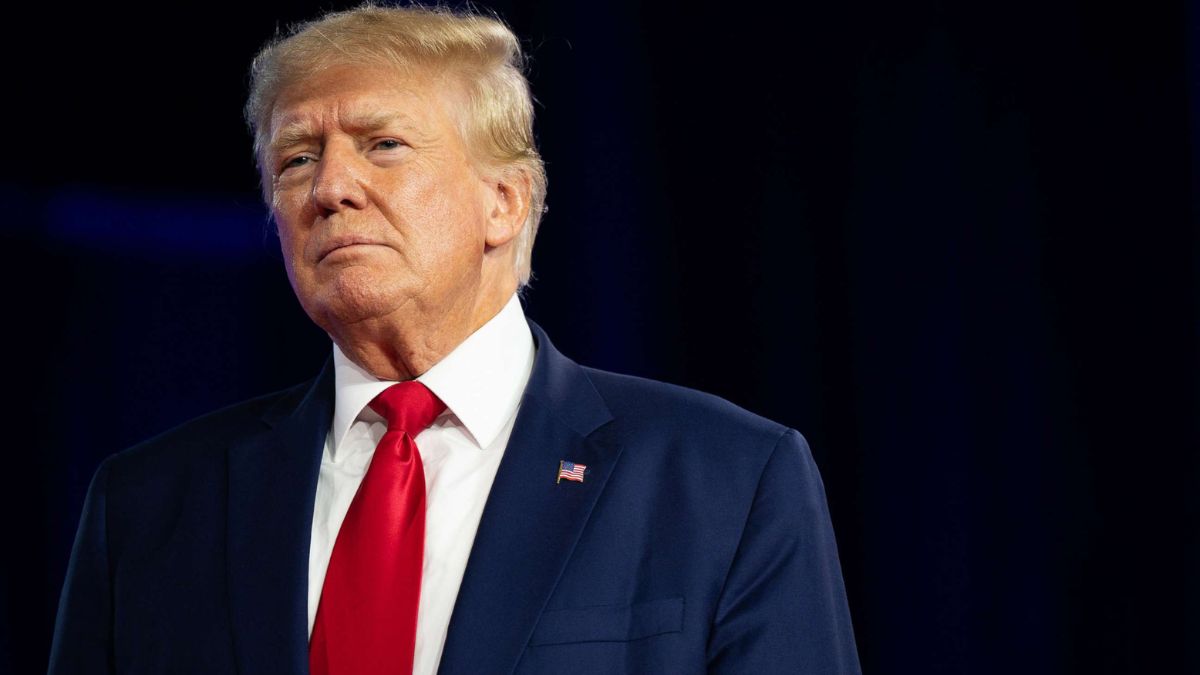Necessary Always Active
Necessary cookies are required to enable the basic features of this site, such as providing secure log-in or adjusting your consent preferences. These cookies do not store any personally identifiable data.
|
||||||
|
||||||
|
||||||
|

On September 4, 2025, President Donald Trump hosted a high-profile Trump dinner with tech CEOs at the White House, bringing together more than 30 leaders from major technology companies. According to CBS News, the dinner, held in the newly renovated Rose Garden, aimed to discuss artificial intelligence, U.S. investments, and the evolving tech policy landscape. Attendees included executives from Apple, Microsoft, Meta, OpenAI, and Google, reflecting the administration’s focus on engaging Big Tech for economic and technological initiatives.
The Trump meets tech leaders event featured presentations from CEOs detailing their companies’ AI strategies and investment plans within the United States. Apple CEO Tim Cook emphasized domestic AI research and manufacturing expansions, while Meta CEO Mark Zuckerberg shared plans to deploy $600 billion in U.S.-based initiatives through 2028.
Microsoft founder Bill Gates highlighted recent advancements in vaccine-related technology, reinforcing ongoing collaboration with federal programs. Sundar Pichai, CEO of Google, focused on AI governance and data security measures for enterprise applications. OpenAI’s Sam Altman discussed AI safety frameworks for commercial deployment.
Notably absent from the dinner was Tesla CEO Elon Musk, who confirmed on social media that he had been invited but could not attend. Nvidia CEO Jensen Huang also did not participate. The absence of these key figures has generated discussion about strategic alignment within the tech sector. “This is definitely a high-IQ group, and I’m very proud of them,” President Trump stated during the event, highlighting the significance of direct dialogue between the administration and corporate leaders.Earlier this year, the US increased chipmaker tax credits to 35% as the Senate passed Trump’s Tax and Spending Bill.
During the Trump tech policy talks, discussions focused on government regulations, AI innovation, and investment incentives for domestic technology companies. Executives provided detailed overviews of AI research, cloud infrastructure expansion, and workforce development initiatives aimed at enhancing U.S. competitiveness. In May, 2025, US President Donald Trump has asked Apple CEO Tim Cook to stop expanding the company’s manufacturing operations in India and to shift Apple manufacturing from India to US.
Critical Points to Note:
The dinner also underscored efforts by the administration to engage Big Tech in policy shaping, providing decision-makers with opportunities to align corporate strategy with national technology objectives. Insights shared by attendees are expected to influence regulatory frameworks and investment priorities in the coming years.
The Trump discussion with Big Tech represents a strategic dialogue between policymakers and business leaders at the highest level, reinforcing the United States’ focus on AI and technology leadership. By bringing together top executives from across the tech industry, the dinner signals potential shifts in investment flows, regulatory approaches, and collaborative initiatives, impacting B2B stakeholders seeking alignment with emerging federal technology priorities.